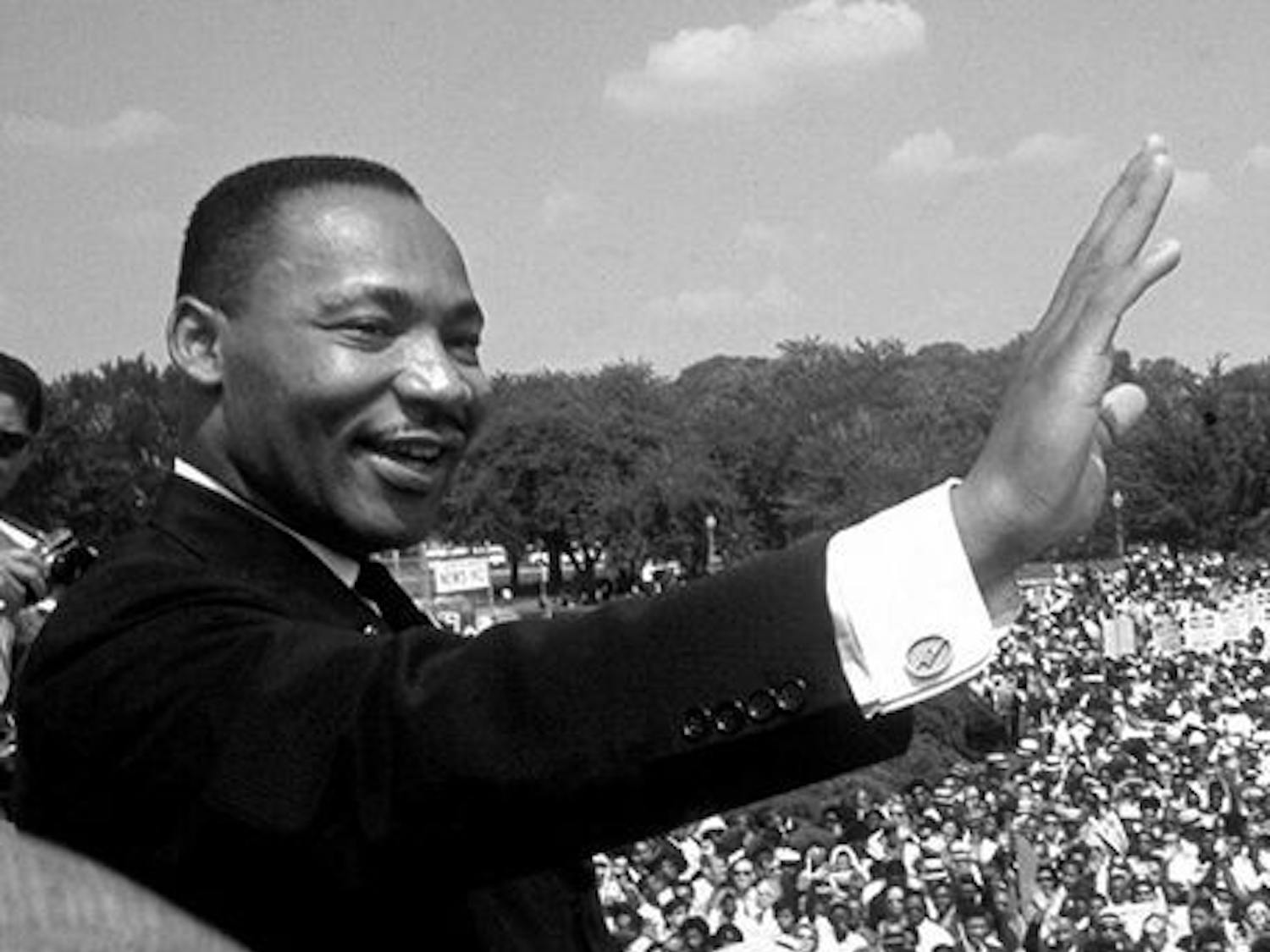We like when movies prove to be self-fulfilling prophecies. But we like it even more when Little Engines That Could sweep aside the usual Hollywood trash and take center stage. Slumdog Millionaire, the latest film from director Danny Boyle (you know, of Trainspotting fame), garnered four Golden Globes nominations this week, including including top drama, director and screenplay. Pretty impressive for a movie that wasn't even going to hit theatres after its distributor, Warner Independent Pictures, was shut down. Street Film writer Lauren Kemp sat down with Boyle to talk film adaptation, lighting woes and the Hindi-English divide.
Street: Generally the films you work on tend to contain quite a bit of depressing material, but at the same time they are such crowdpleasers. How do you achieve this paradox?
Danny Boyle: My touchstone is about whether anything is believable, is realism. That’s how I judge things, that’s how I judge acting and writing and everything. I do the research, I go and meet people who live like that. I think, is the writing accurate or phony? I judge everything like that. And I come from an industrial city, not a particularly poor background but a kind of ordinary very working class background, so I feel at home in that kind of world. But I’m also very optimistic. I also want to make films as accessible as possible. I’m not a big fan of art films that deliberately exclude people with difficulty and obtuseness. I think you’ve got to try and include everyone, and I try to, and they don’t often work like that because of the gritty realism or whatever, something about them is not real attractive. Hundreds of millions of people aren’t going to go see Trainspotting because of the nature of what it’s about, but it does get further out there than you expect.
Street: Can you give us an idea of what spoke to you about the original screenplay and the process you had to go through to get this movie made? I know you had kind of a whirlwind in terms of obtaining financing.
DB: You know, it was alright actually, because I’ve made a couple of films that made some money, so I’m basically trusted up to about 6 or 7 million pounds. If it’s a decent script, which this clearly was, they’ll trust me up to about that amount of money. I can have that amount of money, make it the way I want to make it. I love the script, and we went to India to check [the location] out, to see if it really is realistic. It felt very real. [Screenwriter Simon Beaufoy] adapted this book [Q and A], which isn’t very real, even though it’s written by an Indian. [Author Vikas Swarup] brags in the back of the book about never having been in a slum in his life and never wanting to ever go in a slum, and I find that really bizarre. Our instinct is realism, to go and meet the people who live there and find out if it feels accurate, and Simon had done that in order to write the script. So it felt very accurate, we raised the money straight away, we just had to make it.
We had a great time really. It was an extraordinary experience filming there because it’s not like anything else I’ve done before. I had made The Beach, and I’d done that with a huge crew, and when you have a huge crew it is like an invading army going into a country. No matter how PC you think you are or noble about what you’re doing, you’re an invading army. You’re coming there with your pockets stuffed with cash, and everybody views you like that, and your film emerges like that, you can’t help it. If you have a problem you just send for more army, and that’s the way it works. So I knew for this film that I’m not going to do it this way, so I thought I’ll take very little crew. We took 10 crew altogether in the end. [Mumbai] is a unique, incredible city that calls for you to abandon the usual techniques of control, and continuity and repetition, precision—it’s not about that at all. It’s about this kind of life force that you have to try and capture a bit of—and if you’re lucky you get a bit of it.
And it’s outdated already, the film. It’s wildly out of date. It’s been a year since we started shooting. The place is about people, all these people live there. We’d go to a location, and we would go back the next day and I would be like, why have you brought me here, we were filming somewhere else yesterday. They’d go, no, this is the same place, and it’s completely different! Everything’s changed about it! We filmed at this house, and we’d film that and we went back a couple of weeks later to do something, and they cleared the hillside behind it. I mean, the fucking hillside had gone! And there was a lake, and they drained the lake.
Everything they do is maximum. So there’s this pressure, there’s these rows on the set, incredible, fucking table throws, and people squaring off to each other. And then everybody’s back to normal again whereas in Britain it’s all kind of simmering, no one says what they think, and everybody bears grudges for hundreds of years. And there it’s just like, bang, massive extremes of passion, and then nothing. You have to get into that, you have to just join in to make the film and get a bit of it and bring it back. And that’s what we tried to do apart from to tell the story, and it’s a great story set within one of the great cities of the planet. And you try to get as much of the city into the film as you can.
Street: I’ve read some horror stories about your cinematographer trying to maintain lighting and exposure and streets changing, and you know that continuity’s pretty much screwed. In that situation where it is so volatile, how did it change your approach?
DB: You accept it. That’s the only way to do it. You fight it, you’re dead. You’d often leave a scene and you’d think by a normal method of reckoning that I just haven’t gotten that scene, and then you go back, and you’ve got way more for that scene, more than you’d ever need. So you would just have these gifts waiting for you which is principally like street scenes that feel enormously like real streets. Whereas what you try to normally do is stop the street, recreate the life in it, and film it from multiple angles repeated times, forget about it. I had this guy who recorded the sound for us, and he does live sound, and nobody does live sound anymore because the noise is just uncontrollable. You know when you take your driving test here, you’re taught to use the rearview mirror so you know who’s behind you before you change lanes. They don’t have that there. The duty is for the person behind you to tell you he’s there. Every three seconds he goes “Beeeeep!” to say, “remember, I’m here.” “Beeeeep! Don’t pull out! Beeeeep!” and so on down the line with every single person. So the place is deafening. When you get there you think it’s aggression because when somebody uses the horn here it’s like “fuck off, go away.” But there it’s like “Beeeeep! Beeeeep!” all the way through your conversation. “Beeeeep! Beeeeep!” So live sound is like a joke. Except if you try to recreate it, it sounds phony. It doesn’t have that tapestry that you get. Indian people who’ve seen the film, who’ve lived in Bombay, they say it’s realistic.
This woman who was the casting director introduced me to the slum kids. She said you can’t really do it with middle class kids, you’ll have to do it with slum kids who don’t speak English. You’ll have to translate it into Hindi. And of course everybody laughs because you base the money on it being an English script without very heavy accents, but as soon as you see them do it in Hindi, it’s like a new film. All the slum kids are wiry, survivors. So you get that sense of wiriness with them, you get that sense of freshness with them. If you cannot rely on big money for your wages and not rely on big equipment to get your effects, if you want to make the appeal of the film more tactile, then you should always take less money because it will always be more interesting.








